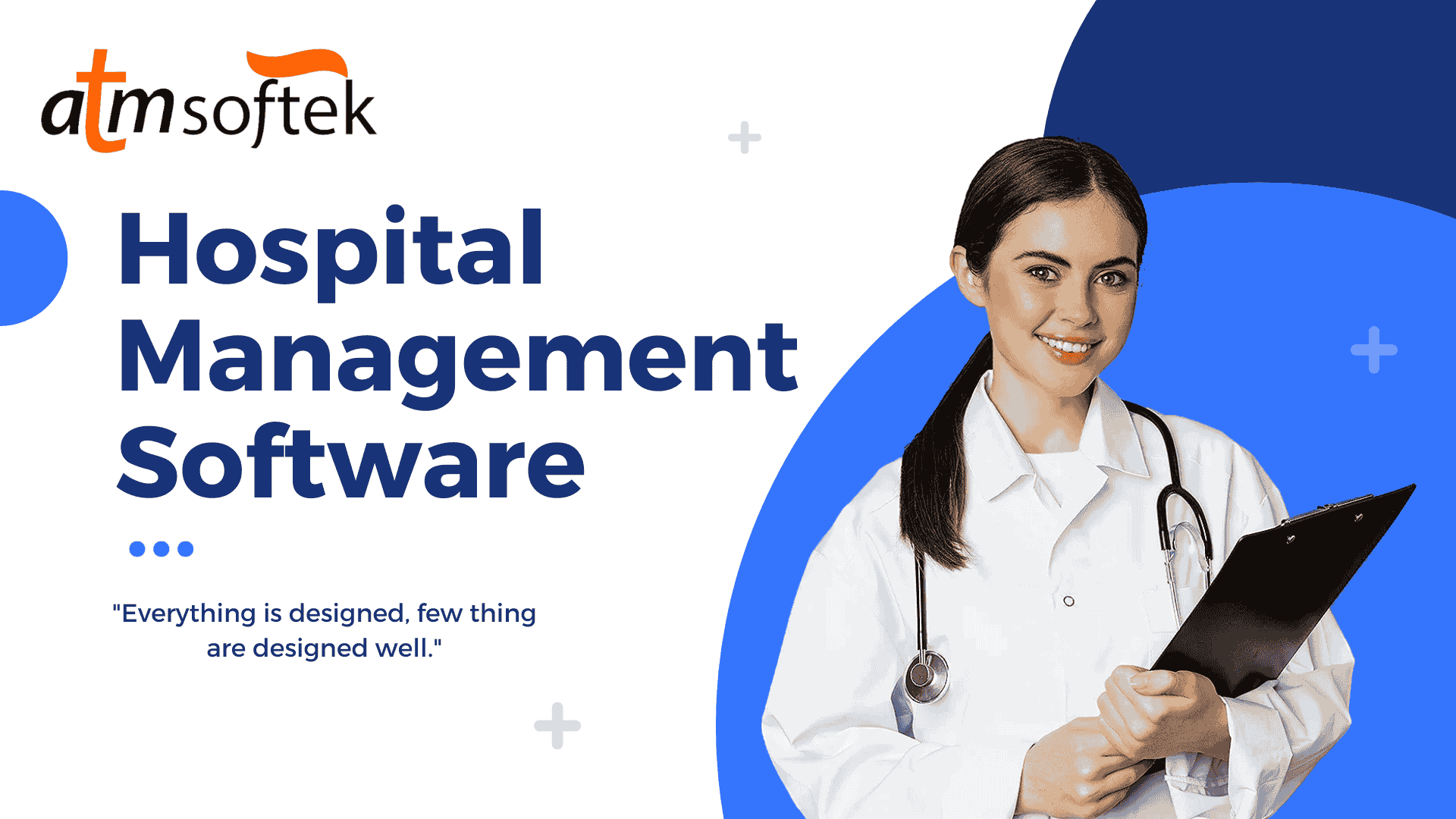
Hospital Management Software
Hospitals are one of the most important institutions in our society. They play a crucial role in providing healthcare services to people in need. With the advancement of technology, hospital management software has become an essential tool for effective and efficient management of hospitals. These software systems are designed to streamline various administrative and clinical processes, making it easier for healthcare professionals to manage their daily tasks. However, not all hospital management software are created equal. In this blog post, We will discuss the key features that our hospital software has.
1. Electronic Health Records (EHR) Management
Electronic Health Records (EHR) are digital versions of patient medical records. A good hospital management system should have a robust EHR management system that allows healthcare professionals to access and update patient records in real-time. This feature not only saves time and effort but also reduces the chances of errors in patient records.
2. Appointment Scheduling and Management
Managing appointments is a crucial aspect of hospital management. A good hospital software should have a feature that allows patients to book appointments online and for the hospital staff to manage these appointments efficiently. This feature should also include the ability to send automated reminders to patients about their upcoming appointments, reducing the chances of no-shows.
3. Billing and Payment Management
This management software should have a billing and payment management system that simplifies the, process of generating and sending bills to patients. This feature should also allow patients to make payments online, reducing the need for them to visit the hospital for bill payments. Additionally, the software should have the ability to generate reports on pending payments and outstanding bills.
4. Inventory Management
Hospitals deal with a large number of medical supplies and equipment on a daily basis. A good management software should have an inventory management feature that allows staff to track and manage the stock of medicines, supplies, and equipment. This helps in avoiding stock shortages and ensures that the hospital always has the necessary items in stock.
5. Staff Management
Managing a large number of staff members can be a daunting task for hospital administrators. A good hospital software should have a feature that allows for efficient management of staff schedules, leaves, and payroll. This feature should also have the ability to track staff performance and generate reports on attendance and productivity.
6. Integration with Other Systems
Hospitals use various systems and devices, such as laboratory equipment and imaging machines, to provide healthcare services. A good hospital management software should have the ability to integrate with these systems, allowing for seamless data sharing and reducing manual data entry.
7. Security and Privacy
Hospitals deal with sensitive patient information, making security and privacy a top priority. A good software should have robust security features, such as user authentication and data encryption, to protect patient data from unauthorized access. It should also comply with data privacy laws and regulations.
In conclusion, a good hospital management software has all the essential features mentioned above to manage hospital operations effectively. Investing in a reliable and efficient hospital software can significantly improve the efficiency and quality of healthcare services provided by a hospital. It also helps reduce the workload of hospital staff, allowing them to focus on providing the best possible care to patients.

